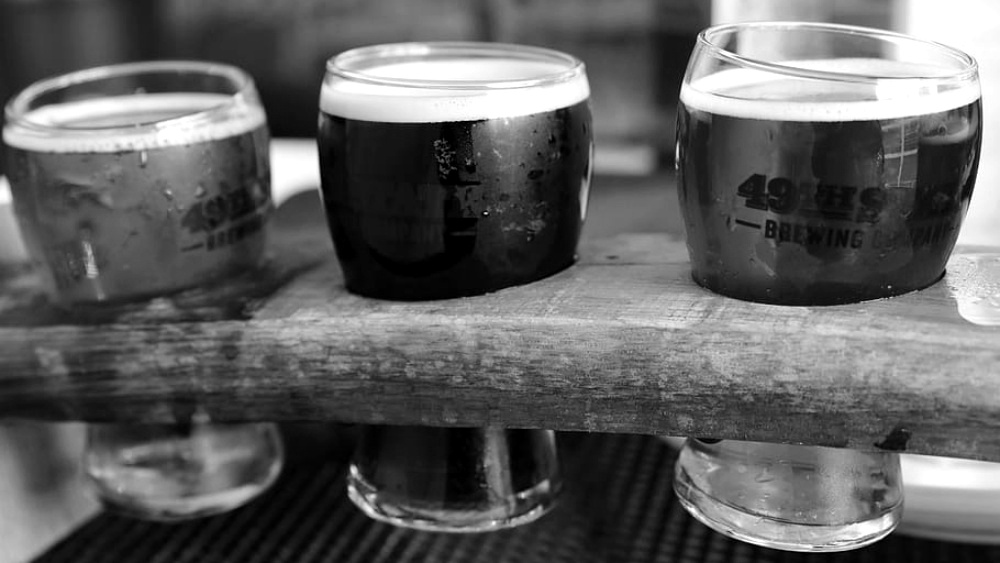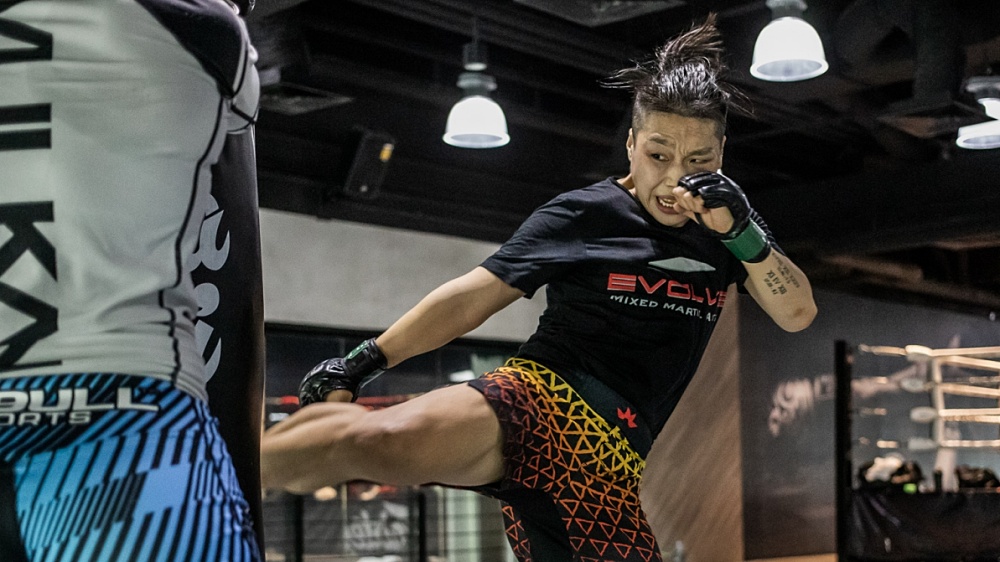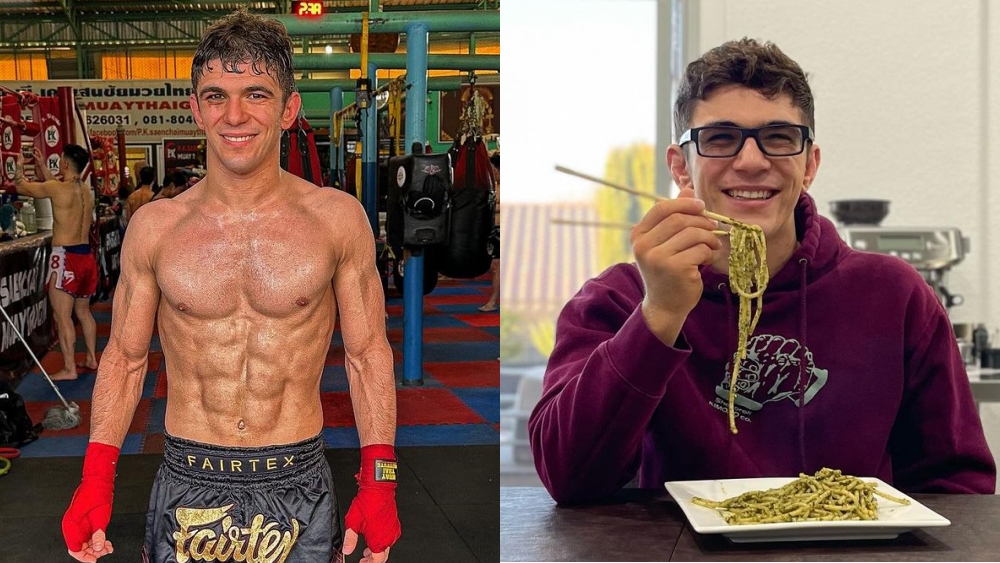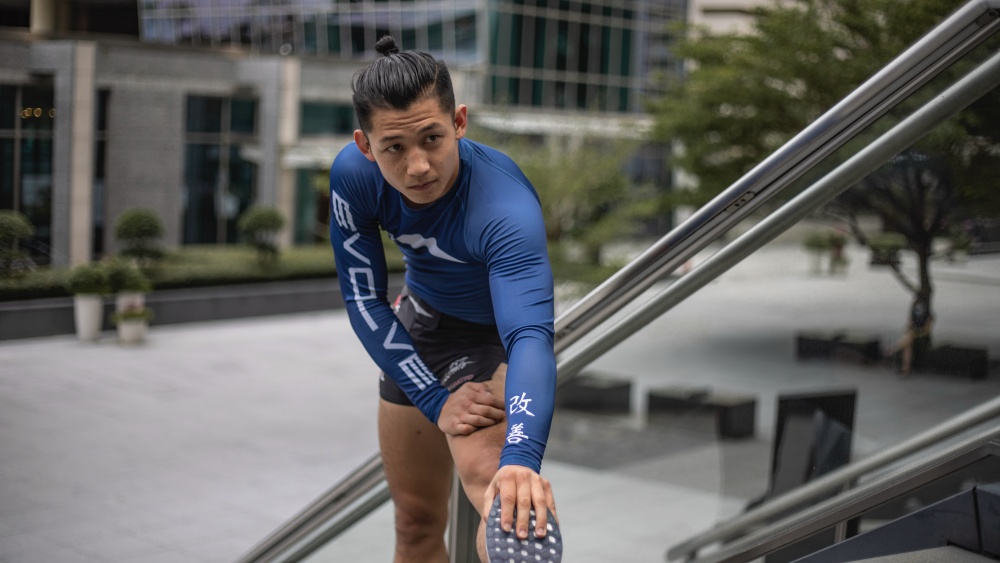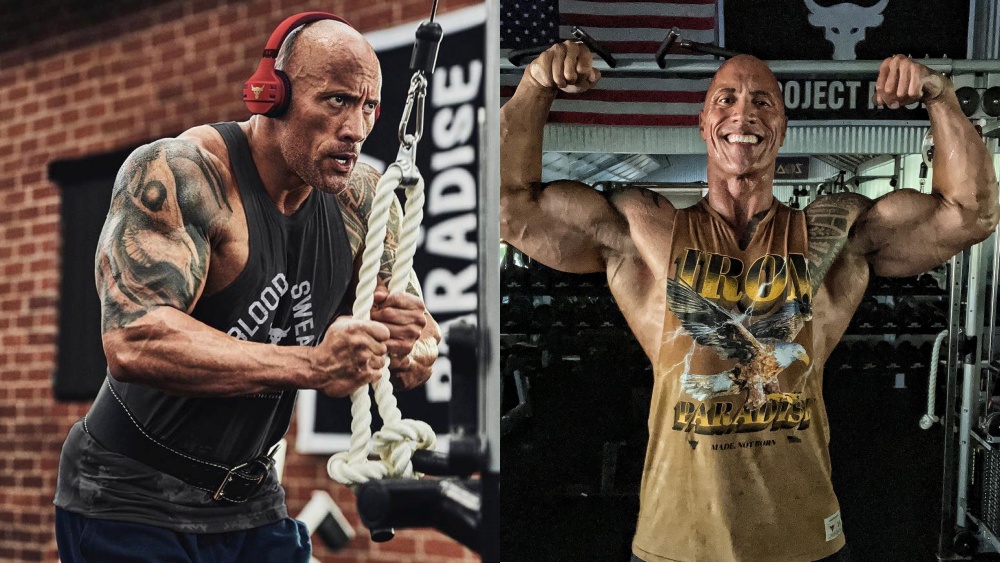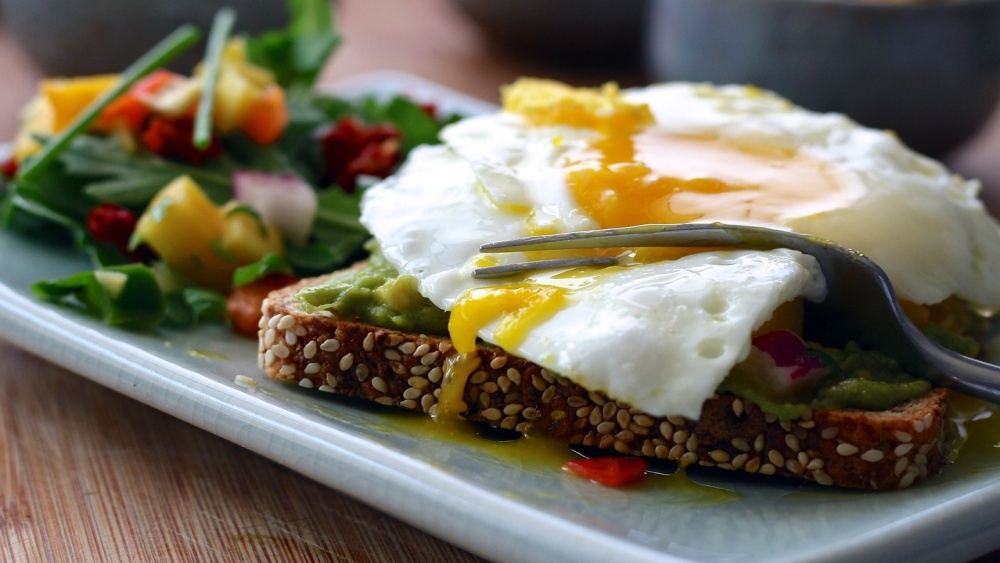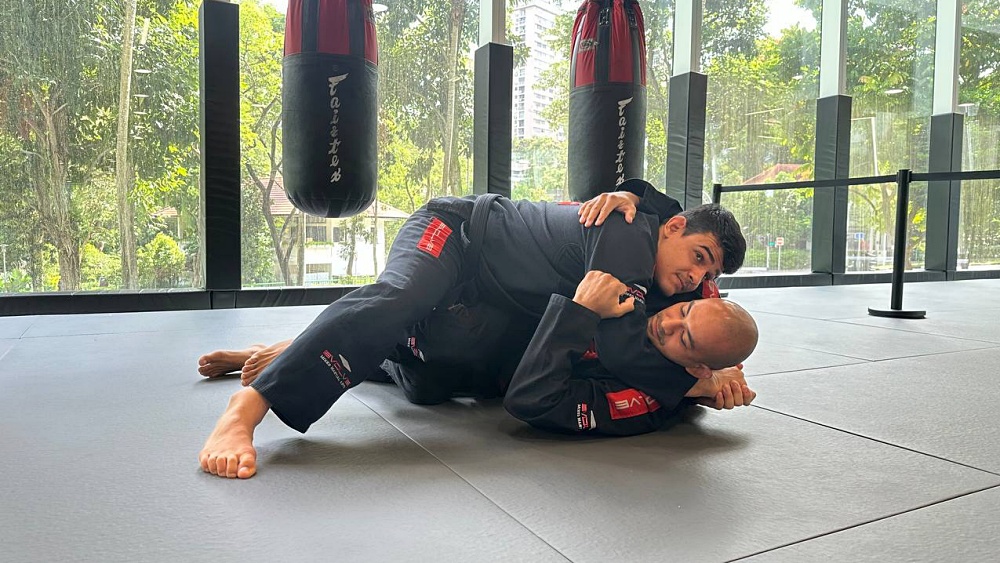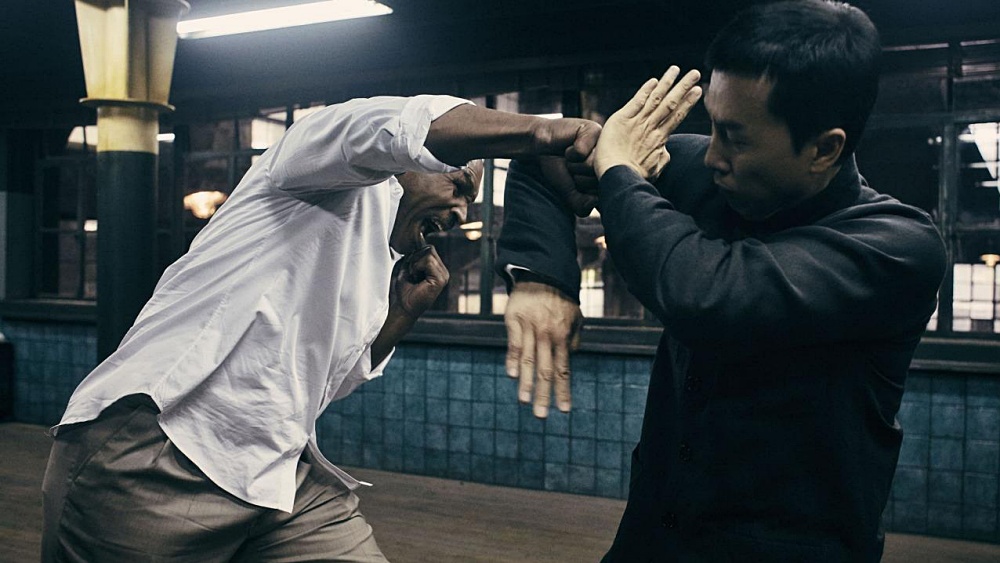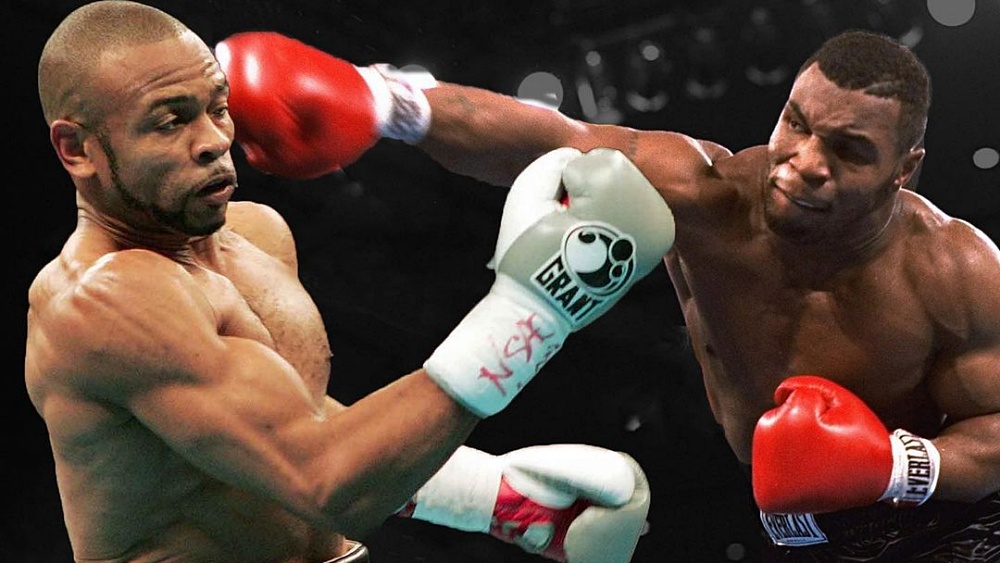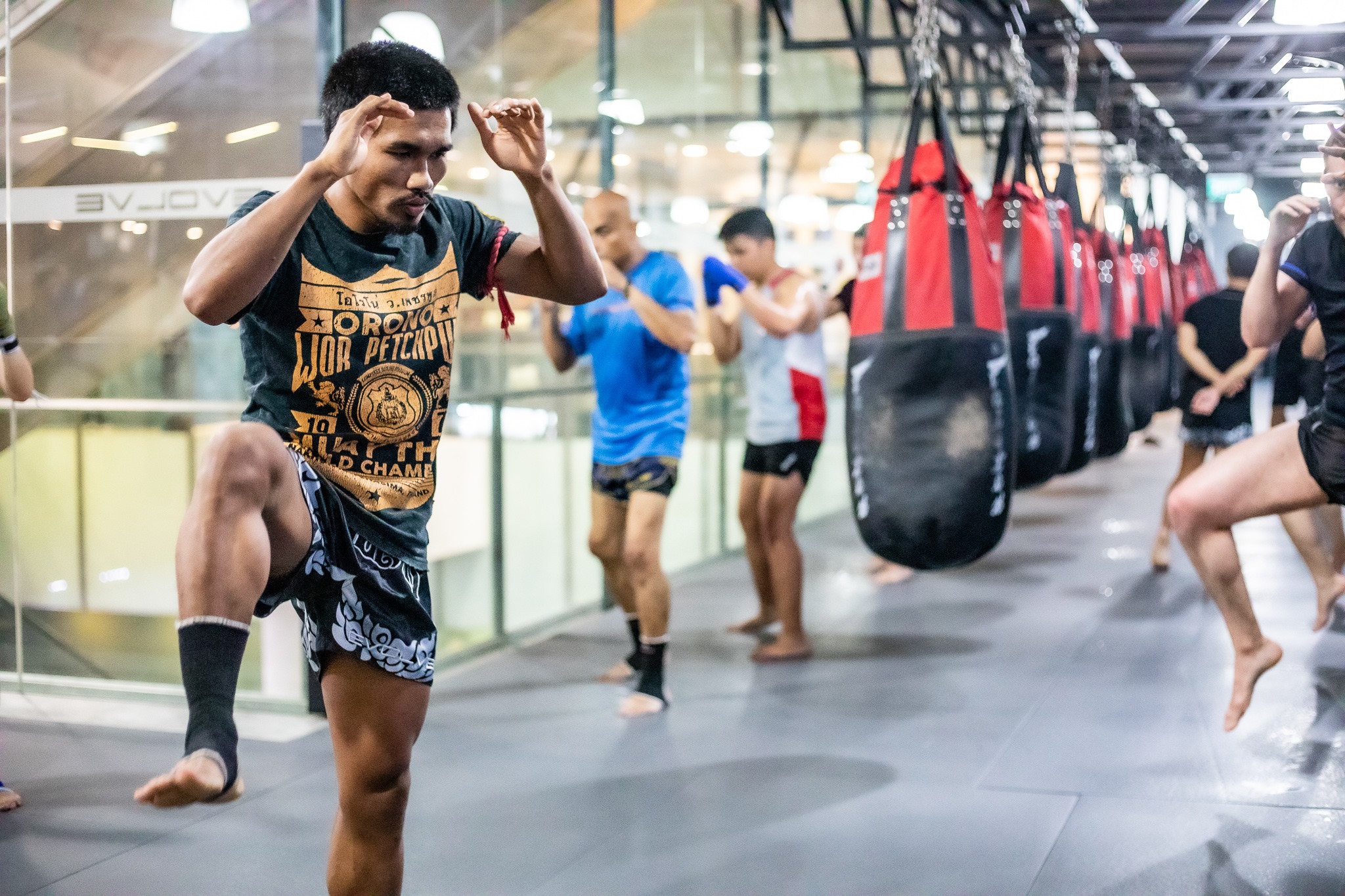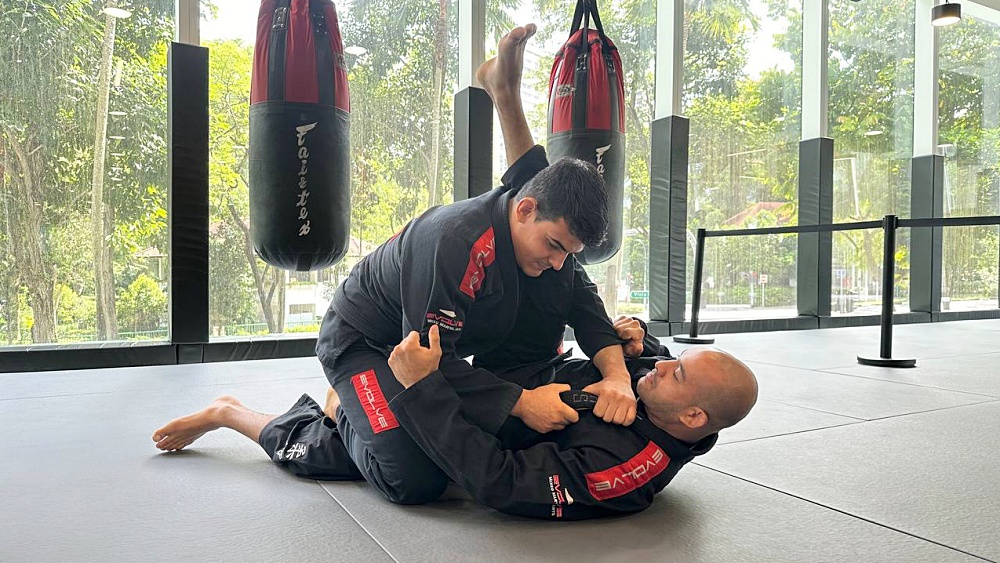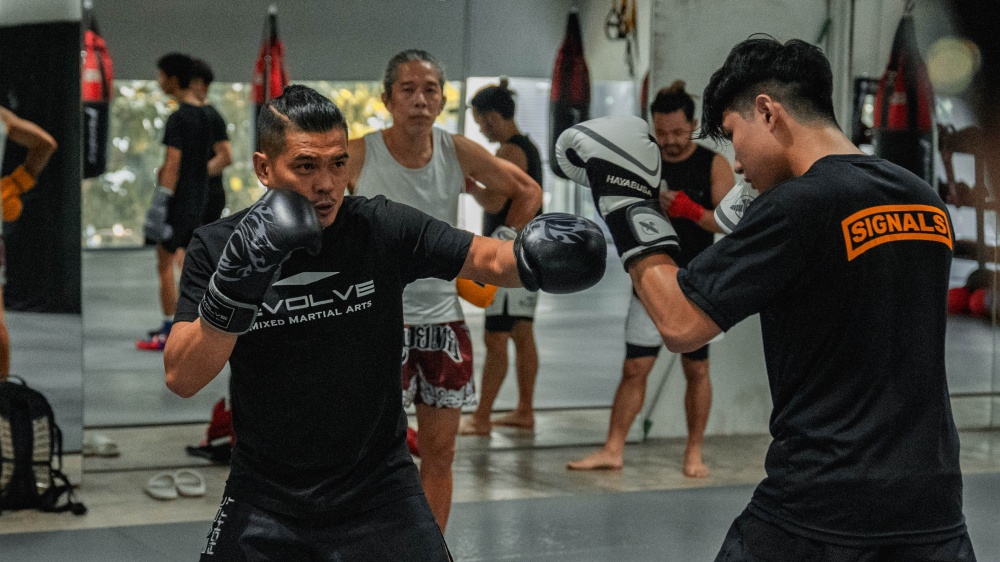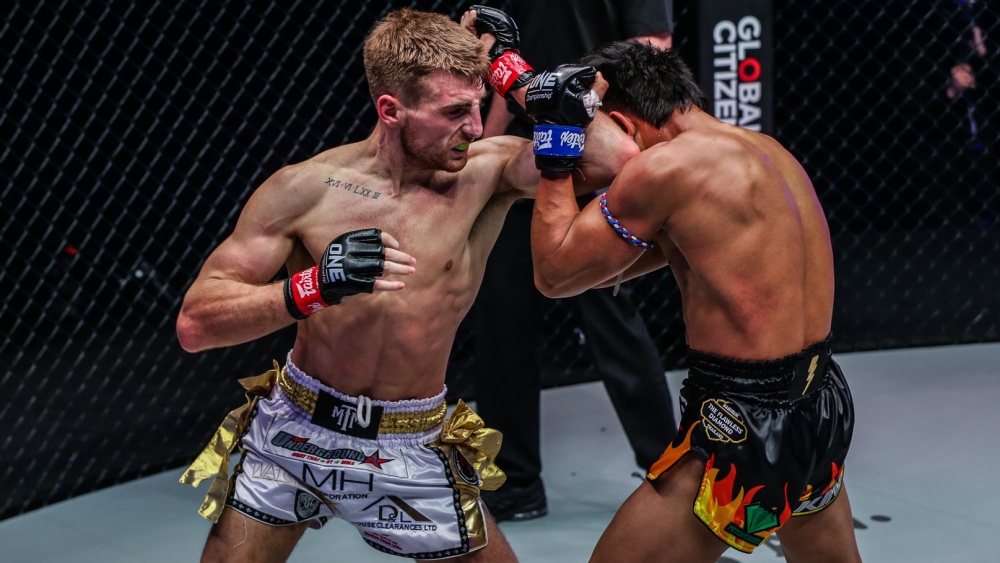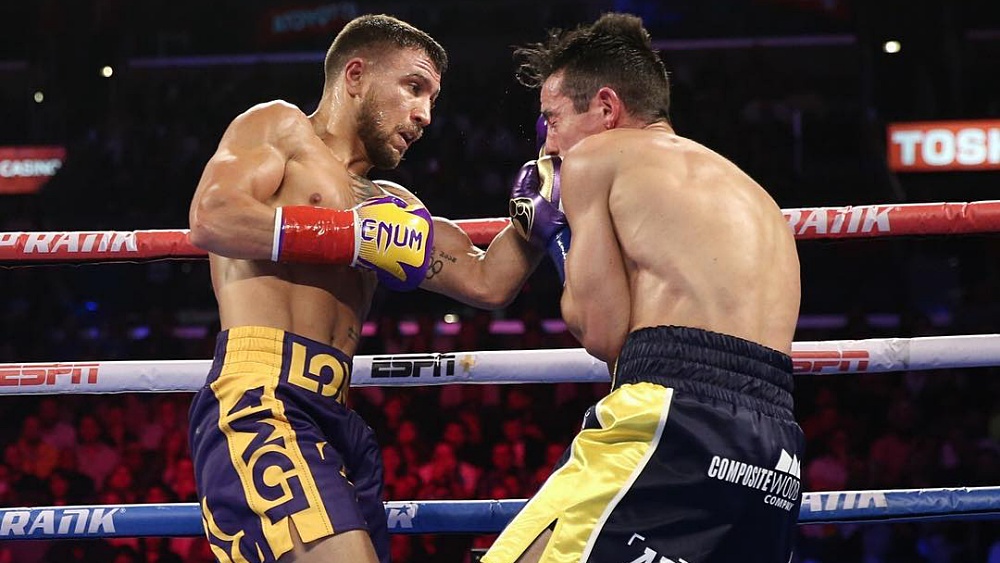Drinking alcohol is a lot of people’s favorite pastime. In a sunny and hot tropical country like Singapore especially, it’s hard to say no to an ice cold beer, especially after a long week at work, or even after a long hard session at the boxing gym for some. It certainly wouldn’t hurt. Could it? Well, if you’re also someone who cares about your fitness gains, you have to understand alcohol and how it affects your body.
The long-term effects of excessive drinking are obvious. In the short term, however, there are definitely questions to be answered. One of those questions is alcohol’s relation to your physical fitness. What exactly does alcohol do to your body which impedes you from living a healthier life?
In most cases, social drinking is fine, and if you’re not doing it every weekend, it’s totally acceptable. But if you’re planning to go beyond that, just know that it could potentially derail you, or even keep you from achieving your fitness goals.
Wondering how alcohol affects your body in relation to fitness? Let’s look at a few ways how.
Today, Evolve Daily describes five ways your alcohol consumption is hurting your fitness goals.
1) It can cause you to miss your gym time
Alcohol is a mild diuretic, which means that the more of it you consume, the more it can make you urinate in larger amounts than you normally do in the same amount of time. This means a net loss of essential body fluids and electrolytes, which then results in electrolyte imbalance and dehydration. Furthermore, the product of alcohol metabolism, called acetaldehyde, worsens the symptoms of the dreaded hangover.
You’ll probably be too sick to go to the gym if you have a hangover. Nobody likes to work out when they’re feeling like trash and having a splitting headache.
If you drink moderately and do not develop a hangover, you can proceed to your workout but you’ll find your performance markedly worse than usual. If you schedule your drinks the night just before a rest day, you might recover enough to perform as usual on your next gym day. But some people take a longer time to get over the effects of a hangover, so don’t count on it.
2) Alcohol has empty calories
A gram of alcohol has the same amount of energy as a gram of fat, but alcohol has empty calories. Empty calories are calories with no nutritional value, so the body can do without it.
While alcohol is technically a macronutrient in the sense that it contains its own calories, it isn’t considered a part of a normal diet since it is not essential to survival. In fact, the body would rather that we never put any alcohol in it, and when we do, it adjusts its energy consumption process to eliminate alcohol faster.
This is why alcohol literally halts the fat-burning process. If you do high-intensity workouts for the afterburn, don’t drink alcohol. Drinking stops the body’s fat-burning processes so it can shift to using up all the alcohol first. While it may be enticing to grab a cold beer or two after an intense workout session with your gym buddies, remind each other that it can also inhibit the weight loss effect everyone has worked hard for.
Plus, the calories you consume from drinking alcohol should best be used for other foods.
3) It lowers your endurance
There is about 4g of glucose in the blood at any given time. This is the form of energy used by the muscles and other organs, and it is stored in the form of glycogen in the liver and muscles. Muscle glycogen is the backup energy the body uses in extended exercise. On the other hand, liver glycogen is broken down to be used when blood sugar falls below its usual amount.
In alcohol intoxication, the liver is hard at work to metabolize alcohol. It becomes unable to produce glucose, so the body is forced to go to the next alternative: muscle glycogen. As your muscles’ glycogen stores are depleted, their ability to withstand exercise is greatly decreased, resulting in impaired endurance. If you’ve tried running or going to the gym for a HIIT session after a night of heavy drinking, you will find that you tire easier, and cannot match up to the same level of endurance you had on a healthy day.
4) It affects your sleep hygiene
Healthy adults enjoy a deeper night’s sleep after some amount of alcohol consumption, but the payback is that there is a significantly less amount of REM sleep, which is believed to cause migraines.
Some people enjoy a glass of beer or a few shots at night because “it helps them sleep better,” as they say, but studies show that alcohol actually does nothing to improve sleep in regular drinkers.
For frequent alcohol drinkers, it delays the onset of sleep and causes more disruptions during the night. Furthermore, frequent consumption impairs your ability to produce melatonin, which is the sleep hormone. As a result, your quality of rest significantly worsens. Without proper sleep and rest, it negatively affects your productivity too. That’s not good any which way you look at it, whether before or after your workout.
5) Impairs muscle recovery
Since regular alcohol consumption decreases melatonin and worsens the quality of your sleep, it just makes sense that the production of the human growth hormone (HGH), which is produced in its greatest amounts during sleep, is impaired as well. Why is this significant? Mostly because HGH is responsible not only for growth, but also for the repair of muscles, bones, and other organs.
Simply said, a decrease in HGH means that your muscles take longer to recover, so you’re sore longer, and your performance isn’t optimized. If it continues, your muscles will progressively grow weaker, and eventually, they’ll deteriorate.
In conclusion, if you are someone who goes to the gym regularly and cares about your fitness goals, consider limiting your alcohol consumption. After all, you wouldn’t want to waste your gym session gains that you worked hard for.
You may also like:
